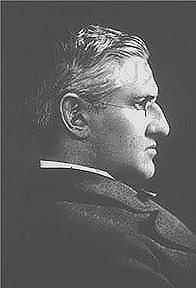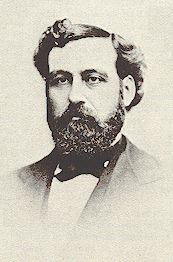When peace, like a river,
Attendeth my way,
When sorrows like sea billows roll;
Whatever my lot,
Thou has taught me to say,
It is well, it is well, with my soul.
Refrain
It is well, with my soul,
It is well, with my soul,
It is well, it is well, with my soul.
Though Satan should buffet,
Though trials should come,
Let this blest assurance control,
That Christ has regarded
My helpless estate,
And hath shed His own blood for my soul.
Refrain
My sin—oh, the bliss of
This glorious thought—
My sin—not in part but the whole,
Is nailed to the cross,
And I bear it no more,
Praise the Lord, praise the Lord, O my soul!
Refrain
For me, be it Christ,
Be it Christ hence to live:
If Jordan above me shall roll,
No pang shall be mine,
For in death as in life
Thou wilt whisper Thy peace to my soul.
Refrain
But, Lord, ‘tis for Thee,
Tor Thy coming we wait,
The sky, not the grave, is our goal;
Oh trump of the angel!
Oh voice of the Lord!
Blessèd hope, blessèd rest of my soul!
Refrain
And Lord, haste the day
When my faith shall be sight,
The clouds be rolled back as a scroll;
The trump shall resound,
And the Lord shall descend,
Even so
—it is well with my soul.
Refrain

